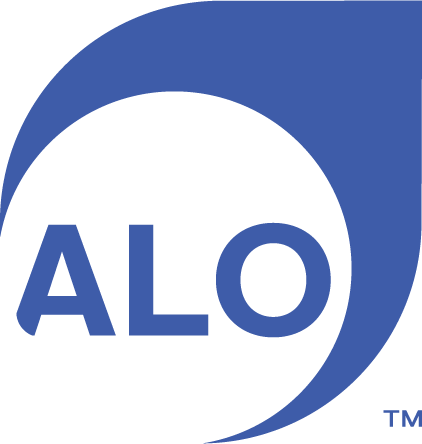Revenue Cycle Management: The Lifeline of Your Practice
Managing your practice's financial health is no small feat, especially as independent physician practices face considerable cost pressures.
While a recent Syntellis report shows a promising 6.1% increase in physician practice revenue year-over-year from 2023 to 2024, expenses have outpaced that growth, rising by 8%. This leaves many independent practice owners feeling the financial squeeze and searching for solutions.
One powerful strategy to combat this financial pressure is to optimize your revenue cycle management (RCM). As a practice owner, prioritizing RCM is crucial, perhaps second only to the exceptional clinical care you provide to your patients.
Meet Amato Amarain: A Healthcare Finance Leader
As Chief Financial Officer of Alo and Avance Care, Amato Amarain leads a finance team that supports 38 practice locations. His leadership has been instrumental in Avance Care's RCM success, culminating in receiving the prestigious Healthcare Financial Management Association (HFMA) MAP Award for high-performance revenue cycle management – two years in a row.
Why RCM is the Lifeline of Your Practice
According to Amarain, "Efficient revenue cycle management is the cornerstone of a financially healthy practice." But what exactly does that mean, and why is RCM so vital? Here's a breakdown of its critical role:
Improved cash flow: Efficient RCM ensures a steady cash flow by streamlining the process of billing and collections. This means timely submission of claims, accurate coding, and prompt follow-up on unpaid claims. For instance, Avance Care has implemented automated systems that reduce the time between service delivery and payment, ensuring that the practice maintains a healthy cash flow.
Streamlining workflow and reducing administrative burden: A well-designed RCM system automates repetitive tasks like verifying insurance eligibility and benefits, as well as claim scrubbing and submission, freeing up your staff to focus on patient care and other critical tasks. This reduces administrative burden and improves overall practice efficiency.
Enhanced patient satisfaction: A well-managed revenue cycle directly contributes to better patient experiences. Transparent billing practices and efficient handling of insurance claims minimize patient frustrations related to financial matters. Educating patients on the process and each parties’ responsibilities can lead to enhanced patient satisfaction and loyalty.
Ensuring regulatory compliance: The healthcare industry is riddled with complex coding and billing regulations. Effective RCM helps practices stay compliant with regulations, reducing the risk of costly penalties. Goins highlights that his team stays up-to-date with the latest regulatory changes, ensuring that Avance Care's practices adhere to all relevant laws and guidelines. This proactive approach minimizes compliance risks and protects the practice from potential legal issues.
Optimizing revenue capture: An optimized revenue cycle leads to increased revenue by minimizing claim denials and maximizing reimbursements. For example, Avance Care’s RCM team employs advanced analytics to identify and address the root causes of claim denials. By analyzing denial trends and implementing corrective measures, they have significantly reduced denial rates and improved overall revenue. Without a robust RCM system, you risk leaving money on the table due to missed coding opportunities, incorrect claim submissions, or failure to address denials promptly.
Taking the Next Step
If you haven’t given much thought to RCM lately, it’s probably time to assess your current system. Do you have a dedicated team or software in place? Are you maximizing your revenue capture and minimizing administrative burden?
Consider consulting with RCM specialists who can evaluate your practice's needs and recommend solutions. An Alo or Avance Care representative can help you learn more about how this can be outsourced, allowing you to focus on what matters most – providing excellent patient care.

